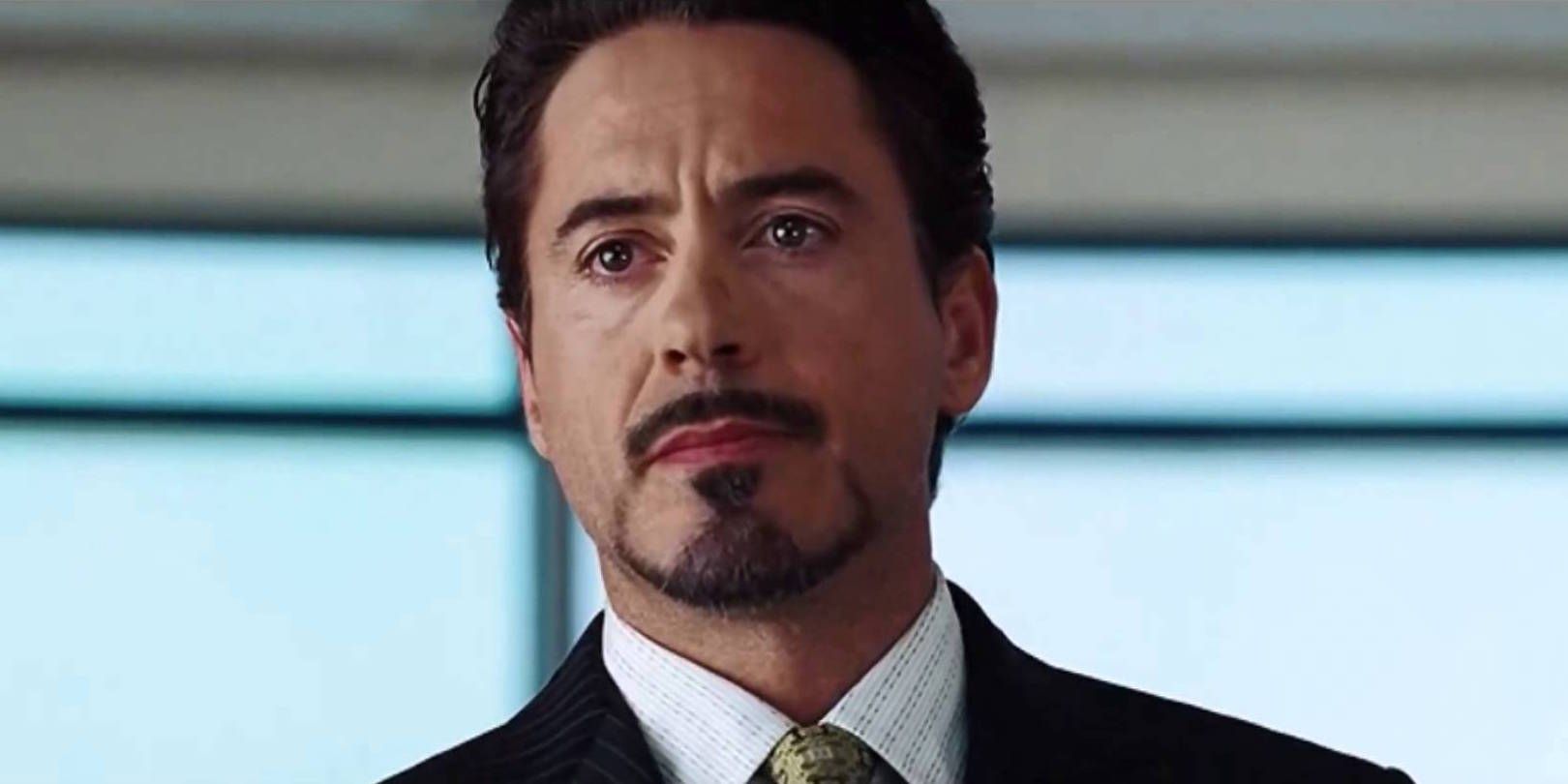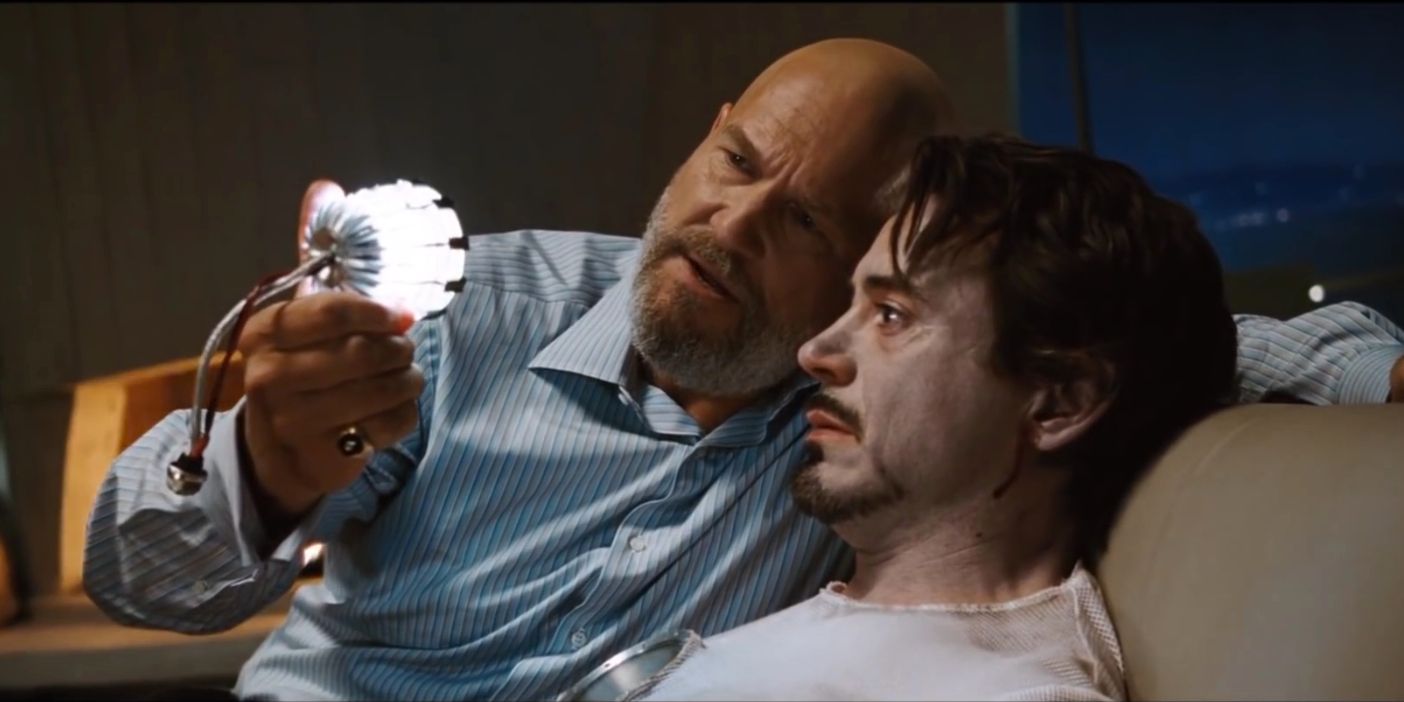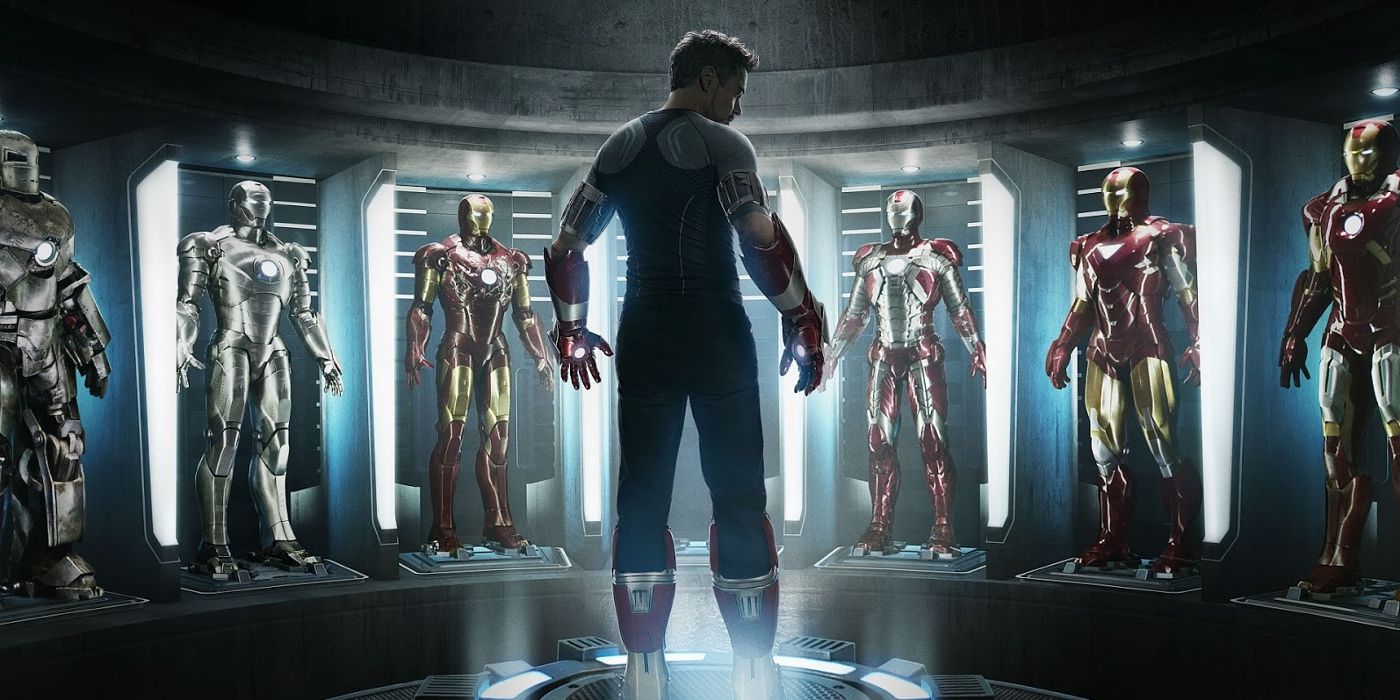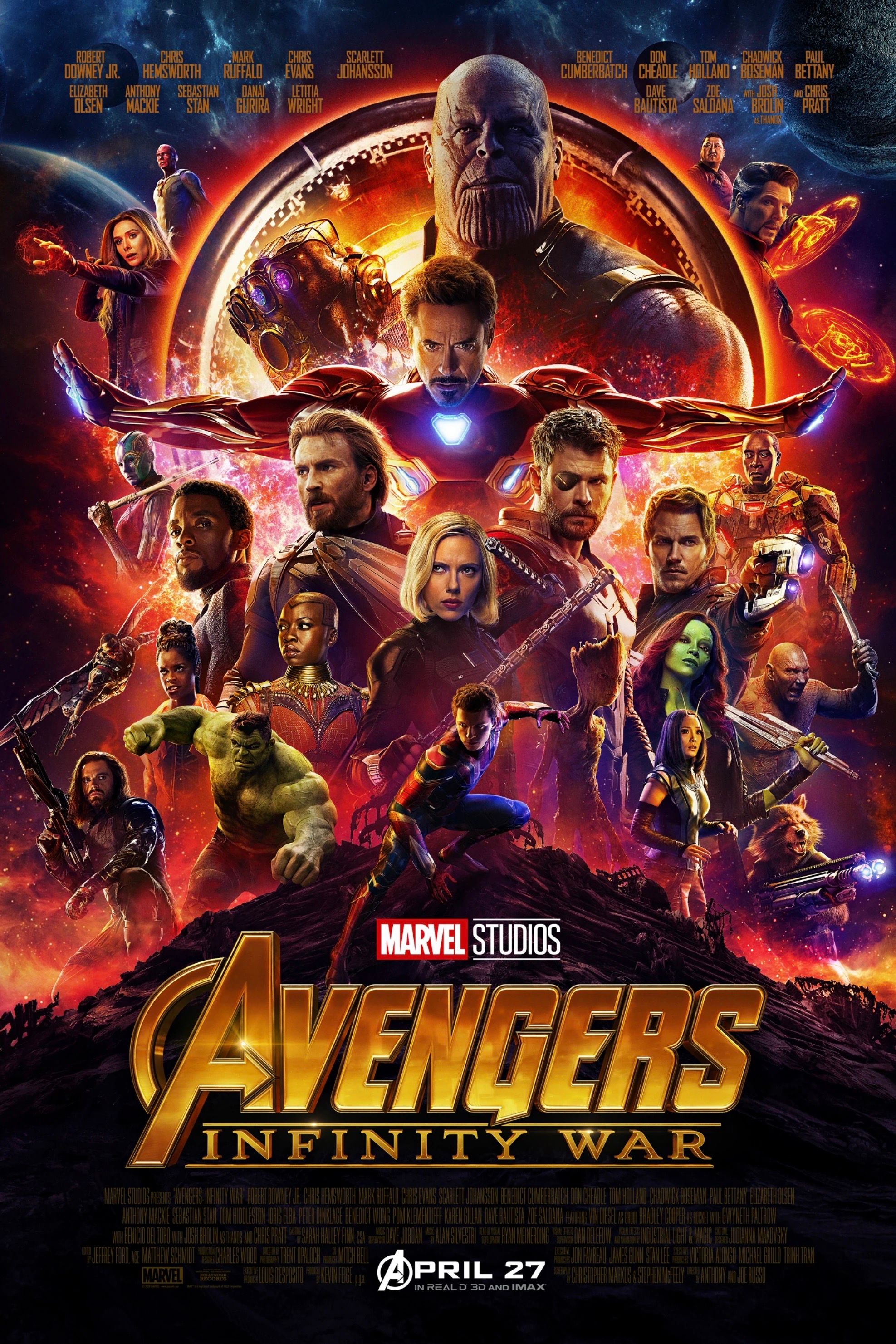Captain America (Chris Evans) may have a fascinating character arc throughout his six-year tenure in the Marvel Cinematic Universe, but he’s got nothing on the superhero that started it all, Iron Man (Robert Downey, Jr.).
By the time The Avengers: Infinity War releases next May, Tony Stark will have appeared in eight films – whether that be a starring role or a brief cameo – starting with 2008’s Iron Man and ending with this summer’s Spider-Man: Homecoming. Across these appearances, audiences have watched the futurist evolve from a self-absorbed businessman producing ever-deadlier armaments to an actual (though still egocentric) hero, risking his life to save others and dedicating his company’s vast fortunes to producing large-scale clean energy.
Along the way, Tony has learned the value – and, at times, the necessity – of self-sacrifice and has done the one thing that always opens the world up for those who are resolutely turned inward: he fell in love, with his former aide-turned-head-of-Stark-Industries, Pepper Potts (Gwyneth Paltrow). This explains his position in 2016’s Captain America: Civil War – he fights tooth and nail for the government’s role in the registration and supervision of all enhanced individuals, since he’s come to realize the error of his previous, self-aggrandizing ways.
But there’s a darker element to this wonderful character progression. While he finds a path to redemption, love, and self-worth through the Iron Man suit, Tony also unwittingly unleashes a new demon for his obsessive-compulsive personality to lash onto – once the dangers of the world (and the wider cosmos) are revealed to him, he can’t help but refine his tech ever further, creating an armor for every contingency and attempting to furnish them with powerful AIs. This singular focus starts to eat away at all the other facets of his life, and it ends up costing him dearly when Pepper feels so marginalized and neglected, she believes she has no other choice but to leave Tony. This, too, comes to fuel his extremist stance in Civil War – by helping to install a new supervisory force to manage his Iron Man persona, he might create enough space to let Potts back in.
It’s an interesting corollary to Tony Stark’s development, but there is a logical question that must be asked: given that both Infinity War and its still-untitled follow-up the following year will presumably have much for the character to do, is this enough? Is it a satisfactory introduction, climax, and denouement for what has become one of the most important superhero characters in our culture? How much longer can – or should – the storyline proceed? Will these next two Avengers provide an exit point much like Christopher Nolan reached in his Dark Knight Rises, resolving Bruce Wayne but leaving Batman open for further exploration?
Iron Man should be written out
The biggest differentiating factor thus far between Marvel Comics and the Marvel Cinematic Universe has been the latter’s real-time nature; stories are, generally speaking, introduced and allowed to flourish in roughly the same amount of time that it takes for the filmmakers to produce them and audiences to consume them. When compounded with the fact that the meta-franchise’s continuity hasn’t been reset or (sufficiently) retconned, this means that characters have been allowed to age (best exemplified, of course, by Tony Stark himself), certain plotlines have been allowed to be resolved (so long, Hydra!), and consequences generally follow actions – things that may be taken for granted by the general movie-going populace, but which are constantly in a state of flux for the constantly-resetting medium of comic books.
This means that, yes, there will come a time for the story to end and for the characters’ journeys to conclude, whether that comes through death or simply retirement. All of Tony’s travails, after all, will mean naught if they don’t really end up amounting to something – and given that Marvel has been pushing hard the idea that Avengers: Infinity War will be the culmination of the entire MCU, and Downey’s own proclamations of the movie featuring a “mature” Tony Stark, there’s no better time to retire Marvel’s poster boy.
There are other, non-narrative reasons to have Iron Man fly off into the sunset, as well. By the time Avengers 4 hits theaters in May 2019, Robert Downey, Jr. will be 54-years-old, a fact which the actor himself has been known to (continually) bring up in interviews when discussing whether he’ll keep endlessly extending his contract with Marvel Studios. It’s also been his go-to reason for not wanting to do an Iron Man 4 – he likes to do his own stunts and latter middle-age, obviously, doesn’t agree with such work. If the possibility of another film is increasingly unlikely, then it’s best to end the character in the next-best vehicle: The Avengers.
Iron Man’s story is just getting started
Captain America: Civil War, in many ways, feels like the second act of Iron Man’s story; everything from the first Iron Man to 2015’s The Avengers: Age of Ultron was the building up of the character to become, essentially, a reformed government man, and now we’re on the second leg of Stark’s journey, where we get to see the narrative and emotional ramifications of his new lease on life play out. If the first part of this arc got seven years and six movies devoted to it, the second part will need at least the four years and four instalments that Phase 3 will provide, if not more. Even if Iron Man 4 remains an elusive prospect, Marvel Studios is resourceful enough to carry Tony’s development in all the other films.
Since Hollywood loves its three-act narratives so well, this leaves the distinct possibility of yet another multi-year stretch in Tony Stark’s life, where he takes yet another turn on the topsy-turvy road of being a superhero. Maybe he becomes the head of the newly-resurgent SHIELD, like he does in the comic books following the original Civil War event, and is forced to make an endless series of morally-compromising decisions, like Nick Fury (Samuel L. Jackson) and Phil Coulson (Clark Gregg) have done before him. Or maybe he decides to leave that haunted place called Earth behind altogether and explore the cosmos, joining the Guardians of the Galaxy and thereby making it the cosmic Avengers team, just like we initially thought could have happened with the original Guardians three years ago. Given the wealth of the source material and the strength of the narrative thus far, anything could be possible in Phase 4 – and beyond.
Speaking of Phase 4, there’s one final possibility to consider: talk has long swirled around the likelihood of Marvel Studios opting to reset the MCU’s timeline and/or to reformat the entire cosmos at the end of The Avengers 4, given that Thanos (Josh Brolin) will have fully loaded the Infinity Gauntlet and will wield the powers of a god. The studio could rewrite large swaths of its continuity or recast many of its parts with newer, younger actors in such a grand remix – and Iron Man would, given the character’s absolute dominance at the box office, be first on its list.
In which case, Tony Stark’s story really would just be starting (again).




